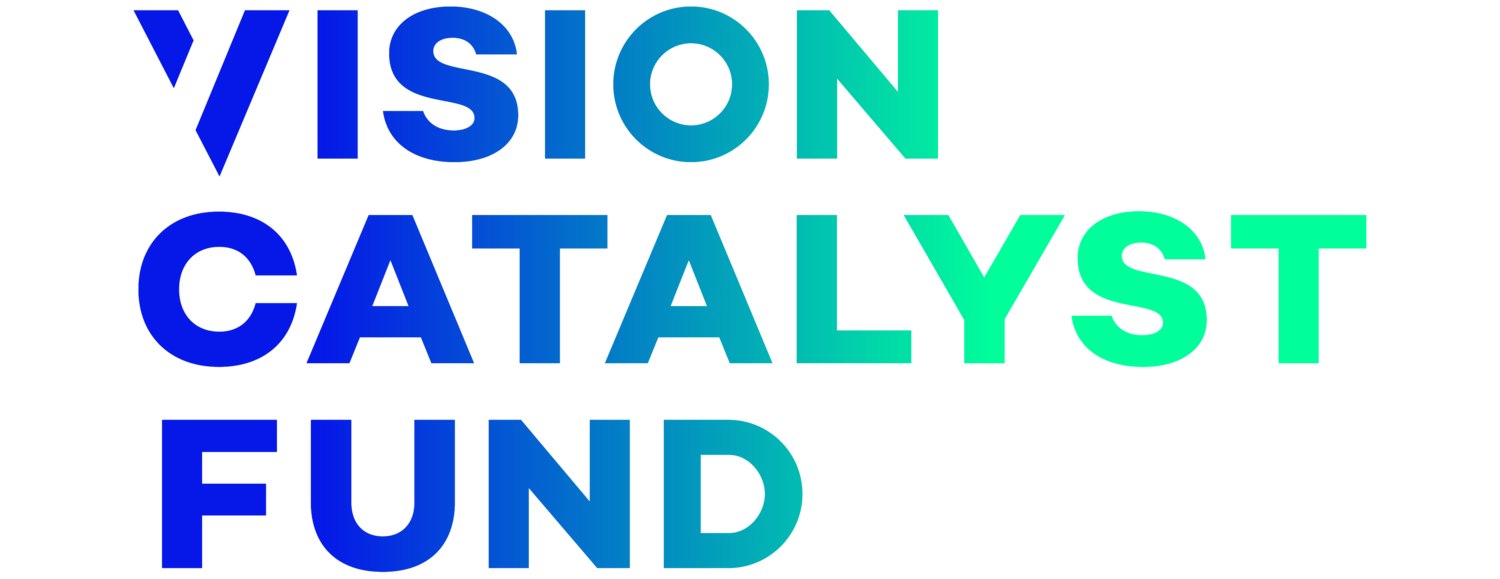World Health Organization leads a new eye health initiative
Our Chief Executive, Dr Andrew Cooper, on a WHO eye health meeting in Geneva
By Dr Andrew Cooper
A 700-year-old invention whose moment has finally come. A meeting last week at the World Health Organization was a welcome step in a journey that has taken far too long to have come to the fore. The need for better access to screening and eyeglasses in lower and middle-income countries is indisputable. However, billions of people (who have refractive errors) do not currently have access to eyeglasses and ongoing eye care services. I had the opportunity to attend a workshop held at the WHO last week in Geneva to consult with experts on how to scale up access to affordable, high quality eyeglasses.
Last year, the WHO published a report with a target to increase the ‘effective refractive error coverage’ by 40% by 2030. It was encouraging to see a committed group of organisations and experts from across the globe discussing how this ambitious target can be met.
Scaling up access to eyeglasses is a complex problem which has been around for a long time. In Geneva last week, we discussed many aspects of the problem and potential solutions. For example, the workshop touched on issues such as how governments and the private sector can collaborate more closely, getting the balance right between innovation and regulation, as well as how stakeholders from other fields (such as education and livelihoods) can be brought in to work with eye health organisations to solve this huge problem.
All these areas are crucial for the work of the Vision Catalyst Fund as we create and support programmes that scale up access to eyeglasses and treatment for other eye conditions. It was therefore encouraging to hear solutions being put forward as well as the need to build on existing work and a considerable range of initiatives that have been building momentum in the last few years.
A huge thank you goes to the WHO for using its convening power to bring this group of experts together, particularly to Alarcos Cieza and Stuart Keel for creating such a collaborative setting. This kind of leadership is vital if we are to create access to eyeglasses for everyone who needs them.
My overall takeaway from the workshop is that whilst there is much to be done, it is through collaboration that we will solve the eyeglasses problem. At the Vision Catalyst Fund, we look forward to working closely with many others to play our part in scaling up access to eyeglasses to transform lives across the globe.
